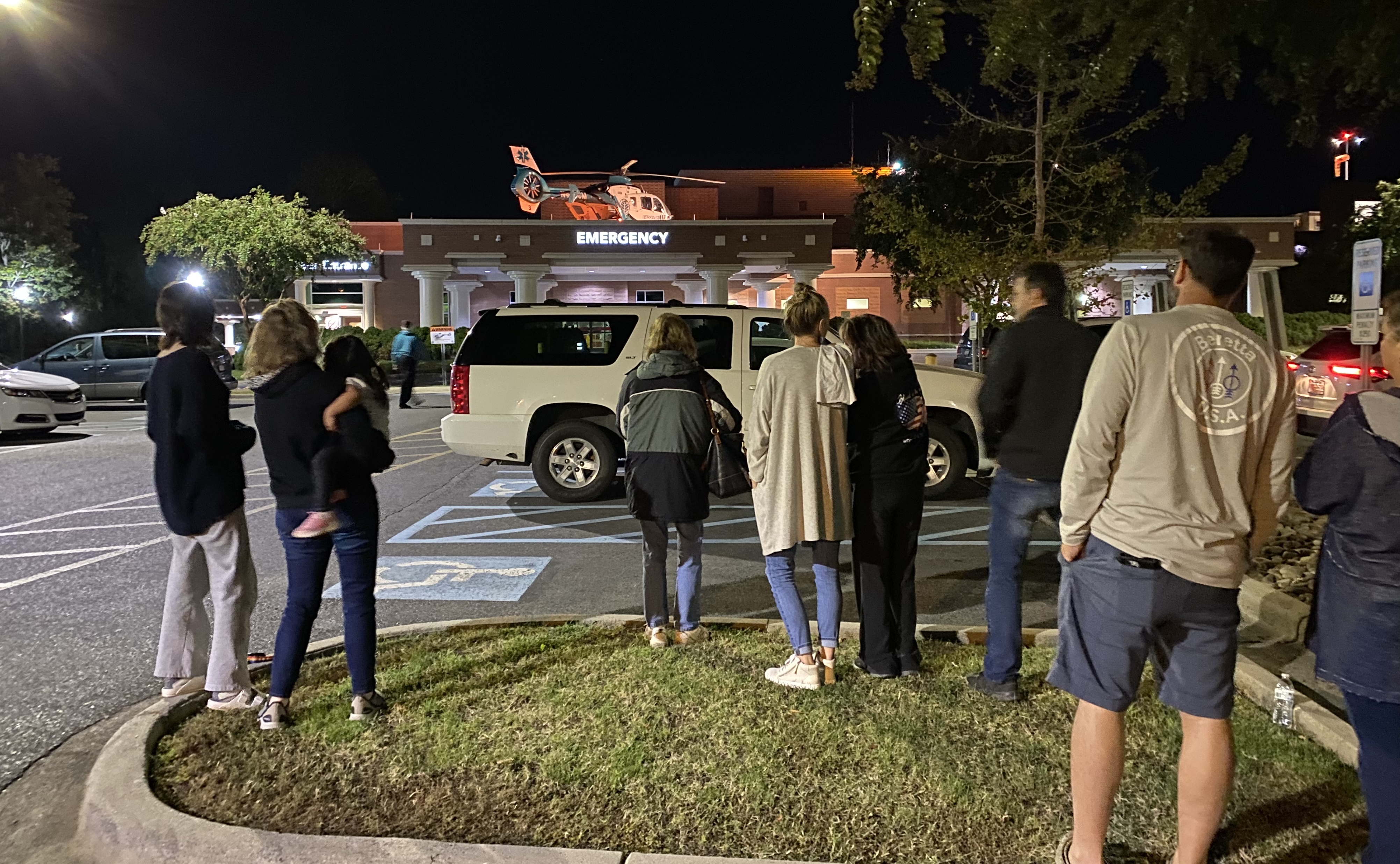Reading Time: 3 minutes
I’ve sat down multiple times to get this one out of me. I’ve written a few lines at a time, then put it away and wondered if it was just far too honest. Then I’d feel it tugging at me again, and so I’d open up my writing app and hack out a few more lines. I think once, I actually finished an entire paragraph before hitting the pause button.
It. Has. Been. A. Grind.
As I’ve been working on it, I’ve seen evidence of what I’m trying to say everywhere. Southern Baptists are in New Orleans drawing battle lines over who can and cannot preach. Women and men are trading genders and taking off tops on the lawn of the White House, and labeling anyone who disagrees with them all kinds of conversation-ending names.
And though I didn’t need it, more evidence of how quickly people can change their opinion of others was flashed in my face when heart-breaking news went viral on social media in my neck of the woods.
The particulars aren’t necessary, but the reality is that our world is a place of lines and edges. It’s a place filled with walls that separate, and ideologies that divide. People are constantly being pushed to and beyond the margins, and who is marginalized next has everything to do with who holds the power to push now.
Being marginalized no longer feels like a matter of if, but when, because the lines are constantly changing. And while we could spend our time talking about what it feels like to be pushed outside, my heart has been broken over how hard our culture makes it to show love to others who have been pushed out.
Our “all or nothing, cancel whatever is deemed unredeemable” culture doesn’t only kick people outside, but it throws away the key and leaves them on the outside looking in with no hope of being brought back into the fold. While they’re at it, they also kick the people out who love the ones they kicked out.
No wonder Jesus seemed more comfortable in the margins. He knew that was where He was headed from the moment He picked up a scroll and read from Isaiah during His first sermon.
“The Spirit of the Lord is on me, because he has anointed me to preach good news to the poor. He has sent me to proclaim release to the captives and recovery of sight to the blind, to set free the oppressed, to proclaim the year of the Lord’s favor.” (Luke 4:18-19 CSB, emphasis mine)
Jesus wasn’t kicked out by the insiders. He wasn’t canceled, or pushed to the margins. He went willingly because He loved the ones who were trying to survive there. He still does. This was His mission, and He knew what it would cost Him.
“He came to his own, and his own people did not receive him.” (John 1:11 CSB, emphasis mine)
The cost of loving the ones on the outside was rejection, but not just any rejection. He was rejected by His own.
That’s the weight I feel as I write this.
Honestly, it’s not hard to love the ones on the outside, but it’s hard as hell to feel judged by the ones on the inside for loving the ones on the outside.
And I do mean hard as hell, because only the pits of hell would make it hard to love the hurting.
Hell wants us to ignore them, shame them, banish them, and stereotype them.
Hell doesn’t want us to see them, reach them, hear them, or know them.
Hell wants us to forget that we are them.
Hell knows that loving them would open the door for the King of Glory to come in, and when He steps in, the ones on the outside are suddenly on the inside because His presence is what draws the circle around us.
Hell is content when we play it safe; when we echo the cries of those around us on the inside instead of ministering to the cries surrounding us on the outside. I say it’s time to make hell tremble. It’s time to pick up our cross daily, and follow Jesus wherever He leads and to whomever He leads, no matter what it costs.
We know there will be death. After all, Jesus was crucified outside the city gates, and as we follow His example and move to those on the outside, there will be a death of all that is no longer necessary in us and in the church. Relationships, hopes, agendas, pride. Many of these will die in the process, and we must learn to grieve the losses, but to grieve them with hope because the crucifixion wasn’t the only thing that happened on the outside.
So did the resurrection.
Photo by Alexandr Bormotin on Unsplash










